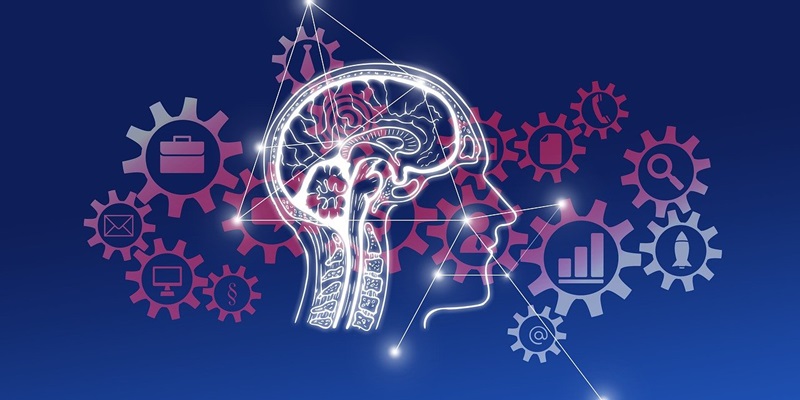Artificial intelligence (AI) has become a game-changer in our modern world, revolutionizing various sectors and industries. With its ability to analyze vast amounts of data and make intelligent decisions, AI has transformed the way businesses operate and enhanced various aspects of our daily lives.
Role of AI-powered Chatbots
AI-powered chatbots have emerged as a key tool in revolutionizing customer service. These intelligent virtual assistants can engage in natural language conversations with users, providing instant support and guidance. By automating routine tasks and providing efficient responses 24/7, these chatbots have significantly improved customer satisfaction and reduced response time.
AI algorithms for disease diagnosis
AI algorithms have made remarkable strides in healthcare. By analyzing patient data and medical records, these algorithms can quickly and accurately diagnose diseases, even in complex cases. This technology has the potential to save lives by enabling early detection and intervention.
Personalized treatment plans
AI algorithms can also suggest personalized treatment plans based on individual patient data. By taking into account genetic information, medical history, and real-time monitoring, AI can optimize treatment decisions, leading to better patient outcomes and overall healthcare quality.
Fraud detection and risk assessment
Financial institutions have harnessed the power of AI for fraud detection and risk assessment. Advanced algorithms can analyze customer behavior patterns, identify anomalies, and promptly flag potential fraudulent activities. This proactive approach has significantly mitigated financial losses and protected customers’ valuable information.
Mitigating financial losses
AI has also transformed risk assessment in the financial industry. By leveraging machine learning and predictive modeling, financial institutions can make more accurate and informed investment decisions, minimizing financial risks and optimizing returns.
AI-powered machines on production lines
AI-powered machines have revolutionized manufacturing production lines. These machines can autonomously perform complex tasks, leading to increased productivity and reduced errors. With AI, factories can streamline operations, optimize workflows, and improve overall efficiency.
Learning from data and adapting to new environments
One of the most exciting aspects of AI is its ability to learn from data and adapt to new environments. As AI technologies advance, they can become even more efficient and accurate in understanding and leveraging vast amounts of information. This capability opens up endless possibilities for future transformations across industries.
Exciting possibilities for future advancements in AI
The potential for further advancements in AI is staggering. From self-driving cars that eliminate accidents caused by human error, to personalized virtual assistants that cater to individual needs, the future promises even more groundbreaking applications of AI. This technology will continue to enhance our lives, making them safer, more convenient, and increasingly personalized.
AI as an Integral Part of Our Modern World
AI has become an integral part of our modern world, automating processes that were previously time-consuming and prone to errors. From data analysis to repetitive tasks, AI has significantly improved operational efficiency across industries, freeing up resources for more strategic activities.
Enhancing decision-making
AI systems provide valuable insights and recommendations that can enhance decision-making processes in various sectors. By analyzing vast amounts of data, AI algorithms can identify patterns, detect trends, and offer accurate predictions, empowering policymakers, managers, and professionals to make informed choices.
Improving efficiency
Efficiency is a key advantage of AI. Through automation, AI eliminates human errors, reduces operational costs, and optimizes resource allocation. Tasks that used to take days or weeks can now be accomplished in minutes or seconds, enabling organizations to operate more efficiently and effectively.
Streamlining operations
AI technology enables businesses to streamline their operations, reducing repetitive tasks and optimizing workflows. Through automation, organizations can improve productivity, allocate resources more efficiently, and deliver better products and services to their customers.
Improving productivity
By automating routine tasks, AI frees up human resources to focus on more creative and strategic endeavors. This not only improves productivity but also encourages innovation and empowers employees to take on more challenging and fulfilling roles within their organizations.
As AI technology continues to evolve, we can expect even more exciting transformations and advancements in the future. The potential impact of AI in various sectors, from healthcare to finance and manufacturing, is immense. Embracing and leveraging AI will open up new horizons, benefiting businesses, individuals, and society at large. The future is indeed promising, and with AI as our ally, we are poised to achieve new heights in innovation, efficiency, and overall well-being.

